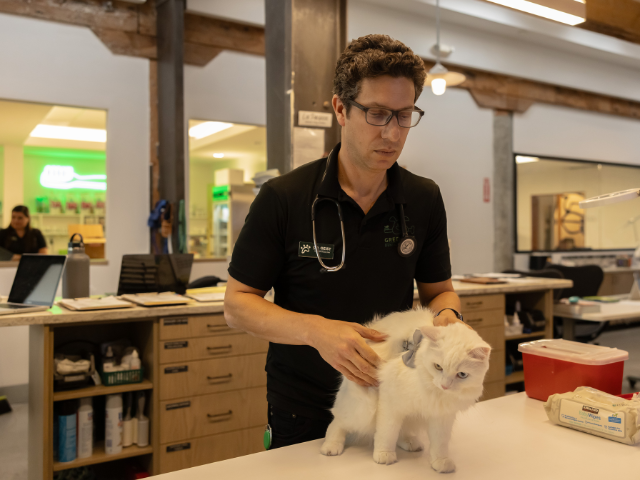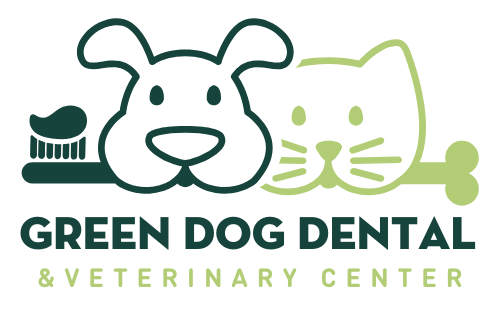
Cat Nutrition - Key Points
Impact on Health:
Nutrition significantly affects a cat's overall health, including coat quality, heart, brain, and intestinal health.
Nutritional Needs Change Over Time:
Kittens require kitten food for growth. Adult cats need maintenance food. Older cats may require specific diets based on health conditions.
Signs of Adequate Nutrition:
Look for a smooth coat, minimal dander, and no vomiting. Check for normal stool and body condition.
Common Food Allergies:
Symptoms may include recurrent ear infections, miliary dermatitis, frequent vomiting, or diarrhea.
What and How Much to Feed:
There is no one-size-fits-all answer; observe a cat's body condition. Approx. 200 calories per 10 pounds of body weight as a starting point.
Vegan Diet:
It is not recommended for cats as they are obligate carnivores. Vegan diets can lack essential nutrients.
Wet vs. Dry Food:
Both can be healthy, but canned food provides additional moisture, which can be beneficial.
Prescription Diets:
It helps treat specific conditions but is not necessary for a healthy cat.
Outdoor Cat's Hunting:
Natural behavior is not indicative of nutritional deficiency.
Human Food and Weight:
It's about calorie intake vs. calorie expenditure, not the type of food.
Free-choice Feeding:
It could lead to overeating and weight gain; calories should be controlled.
Food Myths:
Labels are not a reliable way to judge food quality.
Concerns about byproducts are often unfounded; they are usually organ meats, not indigestible parts like hooves or feathers.
